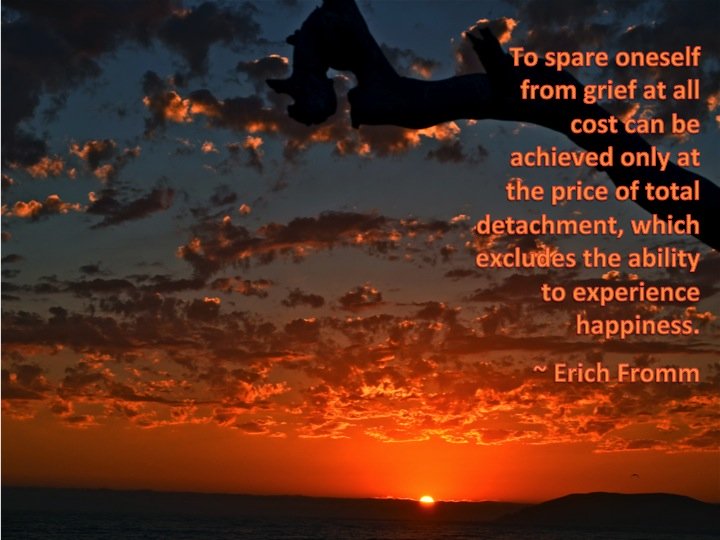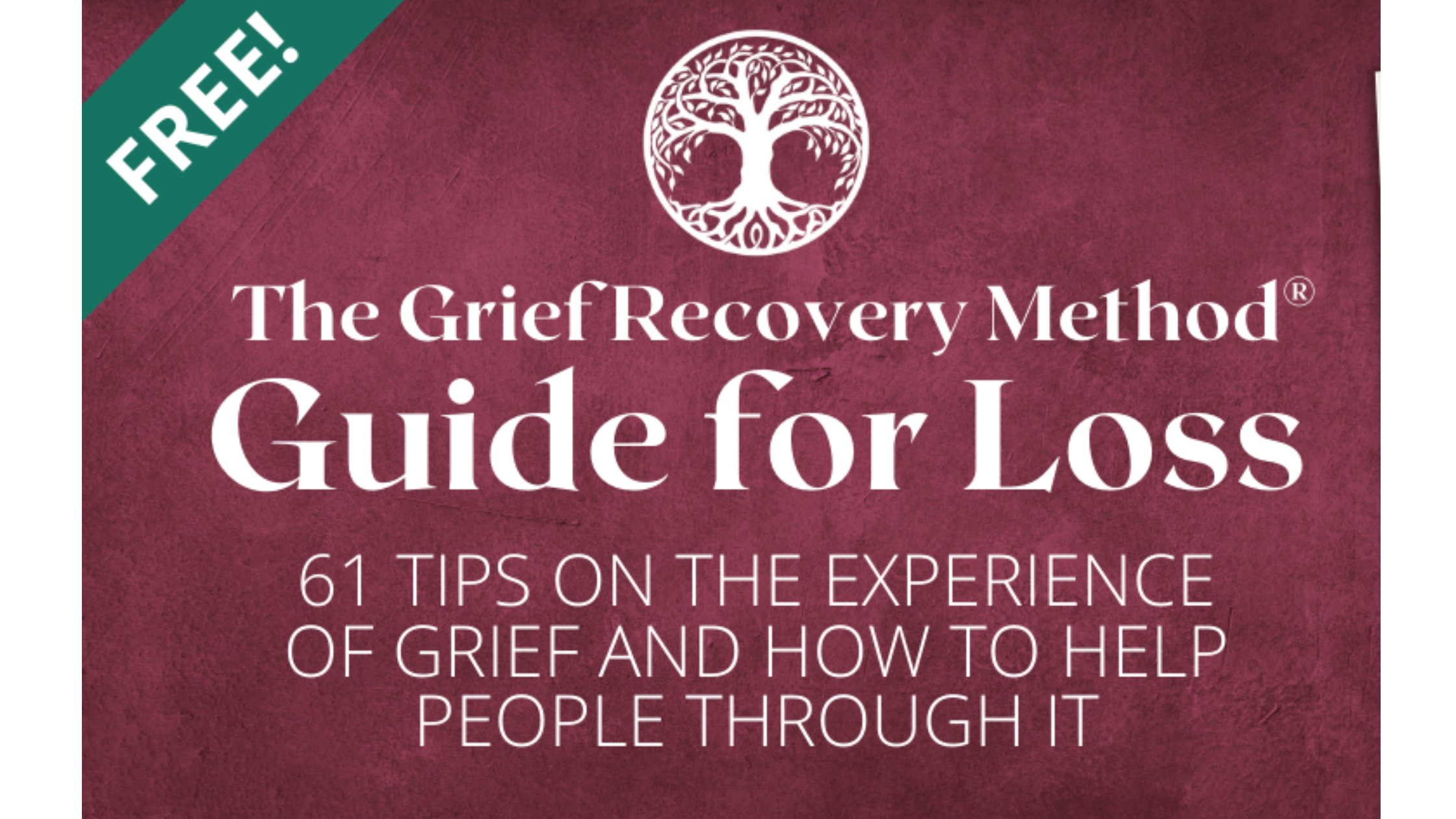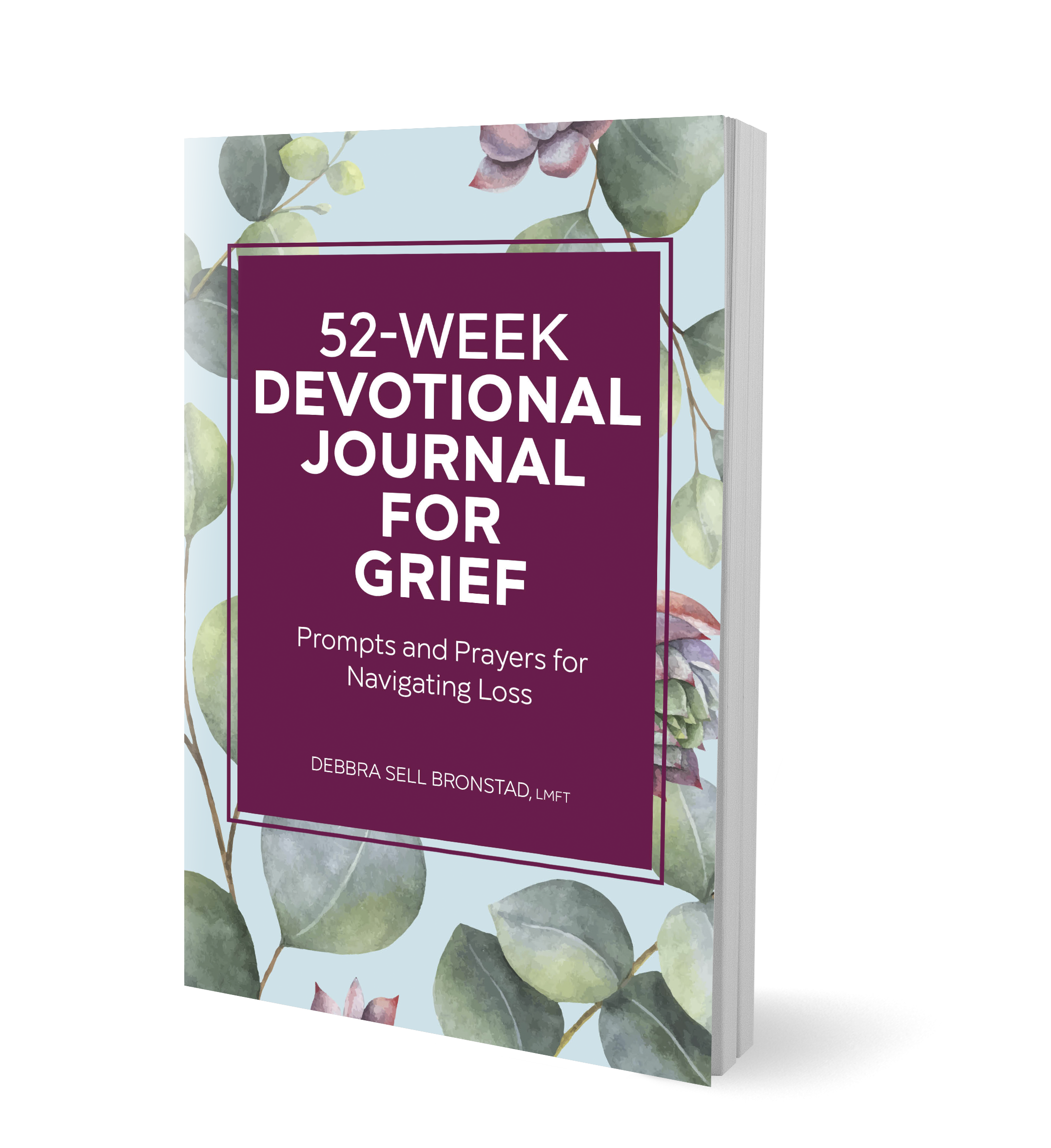The 7 Stages of Grief Model
Shock or Disbelief
Denial
Anger
Bargaining
Guilt
Depression
Acceptance and Hope
The 7 stages of grief model is similar to the Kubler-Ross stages of grief. In the seven stages of grief the initial stage is Shock or Disbelief. There is also the addition of Guilt as a stage. The idea of stages of grief suggests that if one is in one of these stages there is nothing they can do but wait until they pass into the next stage. This is a damaging myth.
If grief is troubling you, there is something you can do about it. You do not need to wait it out. You can enjoy peace, love and happiness again much sooner than you think. There are a series of specific actions that can help you release the pain of guilt, regret and other unfinished business in the relationship. These steps will help you then do the work of adjusting your life to your loss so you can move forward in the new normal.
The term stages is somewhat unfortunate because it suggests a progression that naturally happens over time. In reality, these stages are more like examples of possible emotions a grieving person may experience after a loss. People may or may not experience all of these reactions. They may have additional grief symptoms that are not included here.
7 Stages of Grief
Shock or Disbelief can be the first reaction to news that a loved one has passed. Many people report numbness where they don’t feel anything in the first few moments or days. This experience can be surprising to many individuals because they may not immediately sense the devastated feelings they would expect to feel with such news.
Denial doesn't so much occur in
the
grieving process when the mourner “forgets” that their loved one has
passed away. Denial is related to how one expresses their emotions
surrounding grief. For example, a person who continually says, "I'm
fine," after a significant loss is likely denying his or her feelings.
It may also be true that the bereaved person does not know how to share
their feelings with those closest to them. For some people putting words to feelings can be a challenge. Some people say, "I'm not sure how I'm supposed to feel."
Anger
is not a universal emotion during the grief process. While it is not
unusual to experience anger and many other feelings after a significant
loss, it is not required. Some people become angry at themselves or the
person who left them or simply at the situation they are left to face
alone. Grief recovery coaching can provide a safe place to explore the anger and
help uncover the source of the anger. If you experience anger in grief, there is a reason it is there and it needs to be acknowledged and validated.
Bargaining
refers to attempts to make a deal, often with God, to change the
situation. Elizabeth Kübler-Ross noted bargaining in her observations of
individuals dying from a terminal illness. Bargaining may not be so
frequent when a loved one has died, but is likely present in other
losses such as divorce, break up, job loss, home loss or other
transition, where there is some hope the situation could be changed by
an all-powerful God.
Guilt can occur when the
bereaved have regrets about things they did or said before the loved one
died or left them. There is a wish to turn back the clock and do some
things differently. This is another area where grief coaching can be
especially helpful to give the griever a space to share their memories
and regrets in a supportive environment. It is possible to get relief for a heart weighed down with guilt.
Depression
is often used to describe the profound sadness that is a natural human
reaction to grief and loss. The symptoms of grief are very similar to
those of clinical depression.
Acceptance and Hope.
In the last stage of the 7 stages of grief one arrives at the belief
that although life will never be the same again after the loss, there is
hope that life will go on. Many people don't experience acceptance and hope after loss because there are some specific tasks related to resolving grief that need to be addressed.
The 7 stages of grief is a
myth because not everyone follows this prescribed order when dealing with grief. Many people grieve without experiencing some of these stages. The most important help when grieving is to acknowledge the feelings that you have. A trained supportive listener can be of great support when your heart is broken. Follow the link to learn more about finding meaning and hope to
restore happiness through grief recovery coaching.




